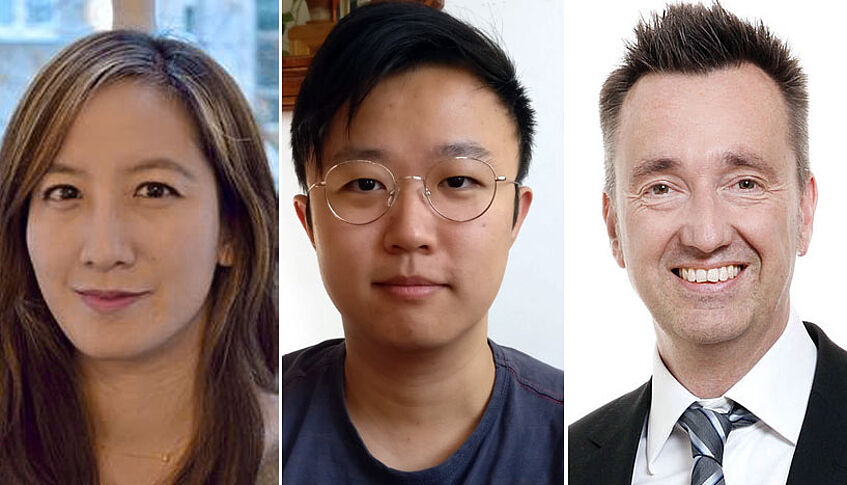
Full title of the project: "Processing immediate and extended self-relevant information".
Team: Hyunji Kim (Principal Investigator), Andi Cai (Project student assistant), Arnd Florack (Advisor).
Institute/Department: Department of Occupational, Economic, and Social Psychology. This project received funding from the Austrian Science Fund (FWF) as an Elise Richter program.
Goal of the project: People make decisions beyond here and now but the underlying processes of the self-relevant information that transverses time and space is not well understood. The goal of this project is to investigate enduring and distinct characteristics for processing self-relevant information that stretches into temporal, social, spatial and probability dimensions.
Why is this important and useful? To build a more comprehensive and multi-faceted structure for self-representation and the decision-making system to understand and improve various decisions in diverse situations within a parsimonious framework.
Abstract: The ability to project oneself onto alternative situations that are not directly experienced by the physical self is a crucial skill for planning and decision-making. Simulating a past or future event, someone else’s mind, and counterfactual situations are known to share a unitary mechanism but the utility of information processing and how these representations differ from each other are poorly understood. The current project utilizes systematic paradigms for providing parametric analyses which can precisely measure the effect of self-relevant information that extends the physical self. Applying techniques borrowed from Cognitive Science and Psychophysics (i.e., the shape-label matching task; redundancy gain effect), the basic mechanisms of processing immediate (e.g., me myself, here, and now) and extended self-relevant information (e.g., others, me far away, and me in the future) are examined.
Explanation - easy to understand: One of the key features that define modern life is the ever-expanding need for flexibility and mobility in work places, living environments and social life. As the nature of work and activities becomes broader and changes more quickly, we are no longer bound to physical locations and thus, the ability to make decisions beyond the immediate self and current environment becomes a crucial skill. Indeed, many decisions we make on a daily basis require an integrated analysis of alternative situations at various points in time and space. This project explores the organization of the cognitive functions that help explain how we understand the complexity of the decision-making environment and examines the relationship between cognitive functions and actual choices we make in a day-to-day context.
